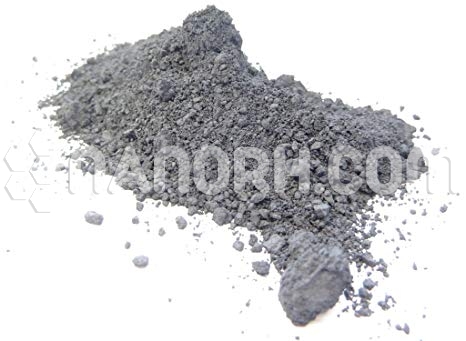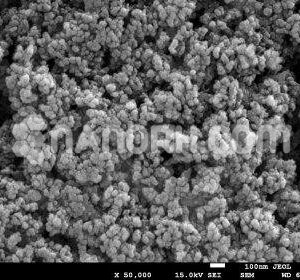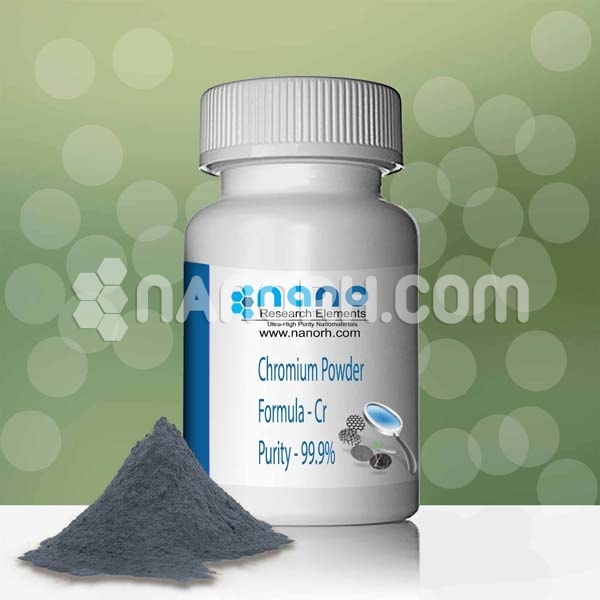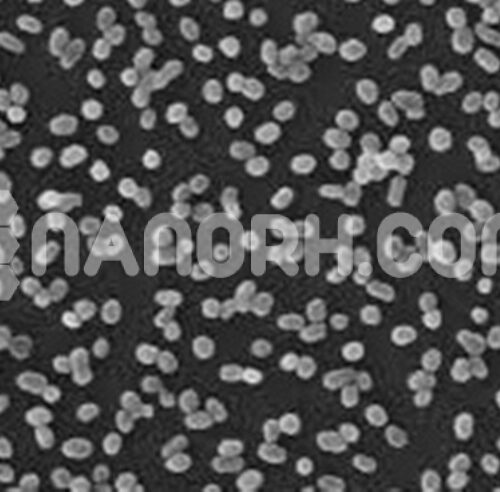| Molybdenum Sulfide Powder | |
| Product No | NRE-11187 |
| CAS No. | 1317-33-5 |
| Formula | MoS2 |
| Molecular Weight | 160.07 g/mol |
| APS | <40um(can be customized) |
| Purity | 99.9% |
| Density | 5.06 g/cm3 |
| Color | black |
| Melting Point | 2375°C |
| Boiling Point | NA |
Molybdenum Sulfide Powder
Molybdenum sulfide powder, a compound composed of molybdenum and sulfur, finds applications in various fields owing to its unique properties. Some of the significant applications of molybdenum sulfide powder include:
Catalysts: Molybdenum sulfide powder is widely used as a catalyst in various industrial processes, such as in hydrodesulfurization reactions in the petroleum industry, which involves the removal of sulfur from crude oil and other hydrocarbons.
Lubricants: Due to their low friction coefficient and excellent lubricating properties, molybdenum sulfide powder is utilized in the production of lubricants and greases, especially in high-temperature and high-pressure applications where conventional lubricants may fail.
Electronics: MoS2 powder has been explored for potential applications in electronics and optoelectronics. It has shown promise in the development of thin-film transistors, photodetectors, and other electronic devices due to its semiconducting properties.
Energy Storage: MoS2 has been investigated for its potential use in energy storage devices, including lithium-ion batteries and supercapacitors, as an electrode material. Its high theoretical capacity and good electrical conductivity make it a promising candidate for next-generation energy storage systems.
Coatings: MoS2 powder is also used in various coating applications due to its high temperature and corrosion resistance properties. It can be applied as a protective coating in aerospace, automotive, and other industrial applications to enhance the durability and performance of the underlying materials.
Photocatalysis: Molybdenum sulfide has exhibited photocatalytic properties, making it useful in the field of environmental remediation and energy conversion. It can be employed in the degradation of organic pollutants and the production of hydrogen through water splitting under light irradiation.
Sensors: Molybdenum sulfide-based sensors have been developed for various applications, including gas sensing, biosensing, and environmental monitoring. These sensors take advantage of the material’s high sensitivity and selectivity toward specific analytes, making them valuable in diverse sensing applications.




